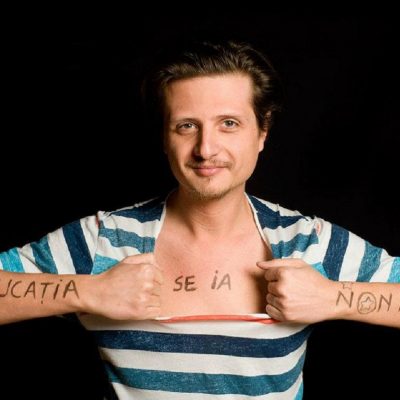Article
Russia’s aggressive war in Ukraine has led to what appears to be widespread war crimes, including indiscriminate killings of civilians, executions, torture, sexual violence, pillage, and wanton destruction of civilian property. From the beginning of the war, massive documentation efforts have been undertaken, facilitated by unprecedented amounts of open-source data coming out of the conflict zone.
The opening of investigations by the International Criminal Court and several European countries, in addition to the investigation led by Ukraine’s Prosecutor General, has indicated clear avenues for accountability, with a crucial role to be played by domestic jurisdictions. A major challenge, however, is the collection and preservation of criminal-grade evidence that would stand in courts.
This project aims to create a database of evidence coming from individuals working on the front lines.
This project aims to create a database and use digital forensic tools to analyze evidence coming from videographers and photographers working on the front lines. They have been capturing video and photo materials since 2014, and they continue to actively collect footage to date. The materials come directly from the Ukrainian military, volunteers, civilians, and professional filmmakers.
While open-source information plays an important role in documentation, there are legal and procedural limitations that restrict the usage of the materials in courts. This includes the risks of having compromised or misattributed video evidence, time spent verifying the source, lack of protocols for the collection of the footage, etc.
With the combination of the accessible materials and forensic tools, not only can geo-location of the crime scenes be established, cross-referenced, and data stored, but investigators can also collect and verify the evidence of specific patterns of violations, carry out ballistic and other forensic analysis, identify potential witnesses and survivors, and, importantly, individual perpetrators and military units responsible.
The project will be carried out in collaboration with international organizations engaged in large-scale efforts to investigate international crimes committed in Ukraine and bring the perpetrators to justice in national jurisdictions around the world.
Updated November 2022




